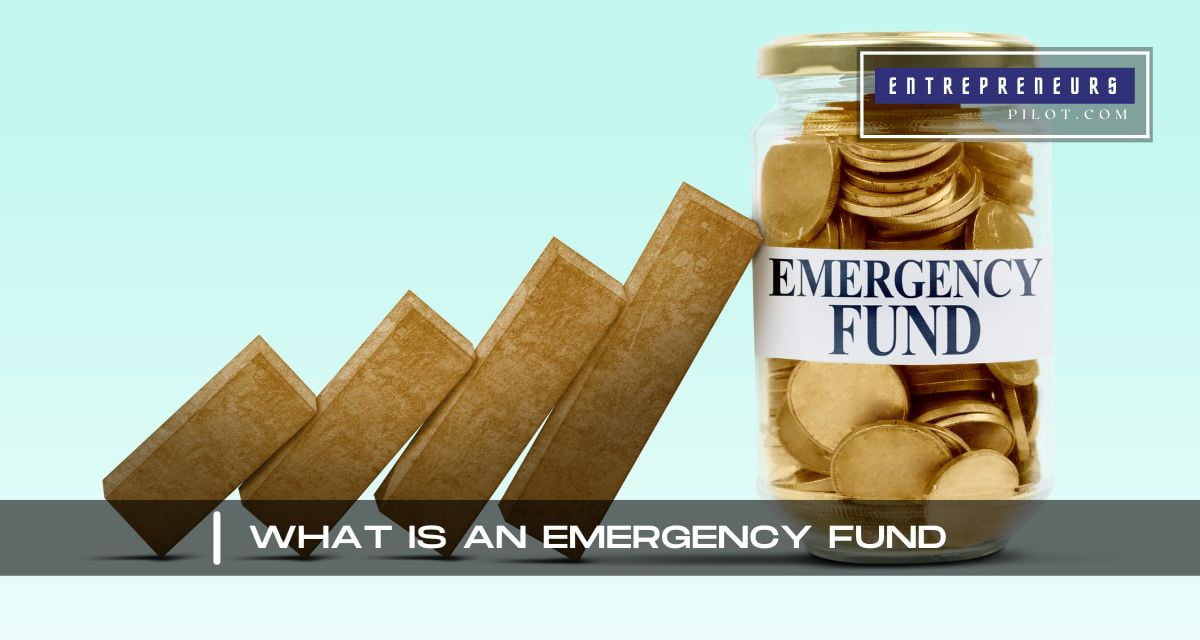Introduction
What Is An Emergency Fund… Imagine being on a sinking ship with a lifeboat, but not knowing when or how to use it. That’s how many feel about their emergency fund – they know it’s essential but are often in the dark about its true purpose and potential. You’ve probably heard countless times about the importance of having an emergency stash, and perhaps you’ve even tucked away a sum. But did you know that a vast majority harbor misconceptions about “What Is An Emergency Fund?
It’s shocking how much misinformation floats around, clouding judgment and leading people astray. From the amount you need to save, to where and how to store it, myths abound. In this article, we’re about to debunk seven eye-opening facts that will redefine your understanding of emergency funds.
Get ready to challenge everything you thought you knew. We’re on a mission to set the record straight, ensuring you’re not just prepared, but genuinely informed. Dive in, and let’s dispel some myths together.
Table of Contents
We’ve all been there: an unexpected car repair, a sudden medical bill, or even an unplanned job loss. Moments like these underscore the importance of having an emergency fund. However, as critical as it is, there’s a fog of misconceptions surrounding “What Is An Emergency Fund?”. The topic is often riddled with myths and half-truths, leading many astray. So, let’s debunk these misunderstandings and get you on the path to financial security.
1. “It’s Just Three Months’ Salary, Right?”
One of the most popular beliefs is that your emergency fund should equate to three months of your salary. But in reality, it’s not one-size-fits-all. Depending on personal circumstances, some might need more while others less. Factors like debt, dependents, and job security can all change the equation.
2. “A Credit Card Is My Emergency Fund.”
While credit cards offer convenience, relying on them during emergencies can compound stress with mounting interest. Remember, real financial cushioning means not accruing debt when the unexpected strikes.
- For Expert Financial Insights And Guidance, You Can Visit Our Sister Site – ArabsGeek.com Now!
- Curiosity Piqued? Dive Into the Most Captivating Financial Content by Visiting Our Homepage!
- Unlock Exclusive Business Opportunities! 🚀 Connect with Us Now at our Email: [email protected]!
3. “My Emergency Fund Should Be Invested for Growth.”
Sure, your money should work for you, but the primary purpose of an emergency fund is accessibility, not growth. Stashing it in volatile investments can risk its availability just when you need it most.
4. “All Savings Are Equal.”
Not all savings serve the same purpose. While it’s great to save for a vacation or a new car, your emergency fund should be in a separate, easily accessible account to avoid temptations.
5. “I’m Too Young for an Emergency Fund.”
Emergencies don’t discriminate by age. Whether you’re fresh out of college or nearing retirement, life’s unforeseen challenges can strike anytime. It’s never too early to be prepared.
6. “I Have Health Insurance, So I’m Covered.”
While insurance is a safety net, deductibles and uncovered expenses can still create financial strain. Your emergency fund acts as a bridge, ensuring you don’t dip into long-term savings.
7. “It’s a One-Time Setup.”
Establishing your emergency fund isn’t a set-it-and-forget-it affair. Life evolves, and so should your fund. Whether it’s a change in salary, family size, or living situation, periodic reviews keep your safety net relevant.
Wrapping Up:
Understanding “What Is An Emergency Fund?” goes beyond just having some money set aside. It’s about equipping yourself for life’s unpredictable moments without financial strain. By shattering these myths, you can take proactive steps toward true financial preparedness. Knowledge is power. Ensure that your emergency fund truly serves its purpose – to offer peace of mind, come what may.











